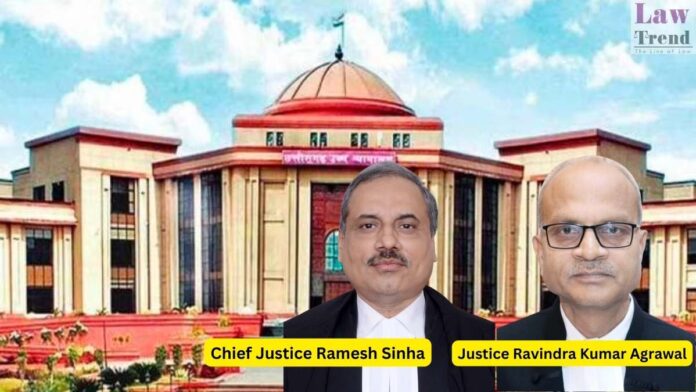The Chhattisgarh High Court has modified the sentence of a convict found guilty of raping his minor daughter. While upholding the conviction under Section 376(3) of the Indian Penal Code (IPC), the Division Bench of Chief Justice Ramesh Sinha and Justice Ravindra Kumar Agrawal reduced the life sentence till natural death to rigorous imprisonment for
To Read More Please Subscribe to VIP Membership for Unlimited Access to All the Articles, Download Available Copies of Judgments/Order, Acess to Central/State Bare Acts, Advertisement Free Content, Access to More than 4000 Legal Drafts( Readymade Editable Formats of Suits, Petitions, Writs, Legal Notices, Divorce Petitions, 138 Notices, Bail Applications etc.) in Hindi and English.




